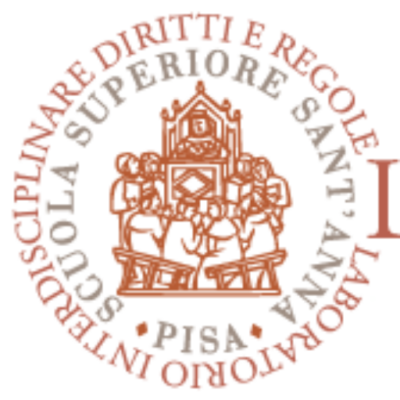POLICY BRIEF
04 July 2023
02

di Irina Carnat
THE PRINCIPLE OF ACCOUNTABILITY
Background. Accountability can be defined as “a relationship between an actor and a forum, in which the actor has an obligation to explain and to justify his or her conduct, the forum can pose questions and pass judgement, and the actor may face consequences”. As such, being accountable is seen both as a virtue, due to the deriving obligation to provide justification for a conduct, and as a mechanism, which allows for such accounts to be practically rendered to the forum. Therefore, it is a contextual principle that can assume multiple forms and dimensions based on the normative logic, the power relation between the actor and the forum, or the adopted substantive conception.
However, accountability is a multifaceted principle associated with fair and equitable governance, that can apply to wide range of regulatory goals:
- compliance, with either legal or ethical standards;
- reporting, concerning the explanation and justification of the actor’s conduct;
- oversight, i.e. the evaluation of the actor’s conduct; and finally
- enforcement, with reference to the consequences the actor must bear following the reporting and oversight processes.
Different types of accountability emerge, for instance, based on the nature of the forum, such as political, legal, professional accountability, etc.; based on the nature of the actor, such as corporate accountability; based on the nature of the conduct, such as financial, procedural, or product accountability; based on the nature of the obligation, such as vertical, diagonal, or horizontal accountability.
Highlights. The following questions help to identify the appropriate accountability framework to be adopted for the specific regulatory need:
- Why to account? Generally, accountability helps establishing democratic mechanisms to oversee and regulate government behavior, preventing the accumulation of power in a few hands. It also helps establishing the normative basis and the standard of accountability.
- Who should account? Identifies the actors who shall render accounts for their actions or decisions.
- Whom accounts should be rendered? Depending on the actor-forum relationship, it identifies the stakeholders who shall receive accounts and pass judgement.
- About what to account? It concerns aspects of the conduct about which information shall be provided.
Based on the normative basis of accountability, the actors shall face consequences if accounts are not rendered or insufficiently rendered, including political, disciplinary, or legal, either in terms of liability for damages or criminal liability.
Impacts. The accountability toolkit aims at achieving the goals of compliance, report, oversight and enforcement. To this purpose, the tools that can be implemented are:
- Auditing: a systematic examination and evaluation of records, statements, or processes to ensure accuracy, compliance, and transparency.
- Impact assessments: a structured evaluation process that examines the potential effects and consequences of a proposed action or conduct on various aspects such as the environment, society, and the economy.
- Harmonized standardization: the development by standardization organizations of technical standards that are mutually agreed upon and recognized across different entities or jurisdictions, the compliance with which ensure consistency and compatibility in products, services, or processes.


